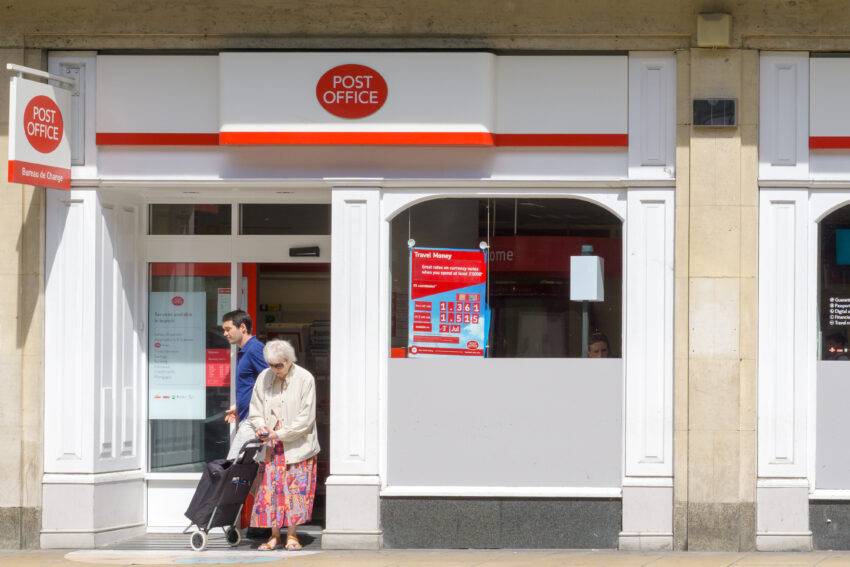The Post Office handled a record £3.7 billion in cash transactions in July, surpassing previous highs set in May, April, and December, as the closure of bank branches continues at an unrelenting pace.
Since 2015, over 6,000 bank branches have closed across the UK, averaging about 50 closures per month. In response, banking hubs have been slowly introduced, with around 70 currently operational and 100 expected by Christmas. These hubs aim to maintain access to cash for the public and provide small businesses with a place to deposit takings. However, with hubs and Post Offices only able to offer basic banking services, the ongoing branch closures remain a contentious issue.
Mairi Wingate, who has been the postmistress in Barton-upon-Humber for 19 years, highlights that many of her customers find cash helpful for budgeting. “People use cash for everything from getting their hair done with £10 to managing their weekly shopping and bills with £300 or £400. They know exactly what they have and can’t overspend.”
Despite the Post Office’s reputation being tarnished by the Horizon IT scandal—which saw hundreds of postmasters and postmistresses wrongly accused of theft—the footfall at branches has remained steady, with around 10 million visits each week. The Post Office’s presence on the High Street provides a vital alternative for communities affected by bank closures.
John, a regular customer at the Post Office, emphasises the enduring value of cash. “I’ve taken out £50 to go shopping, like I have done for the last 50 years. Cash is still king in my book. I have cards but rarely use them. With cash in your pocket, you know exactly where you stand.”

